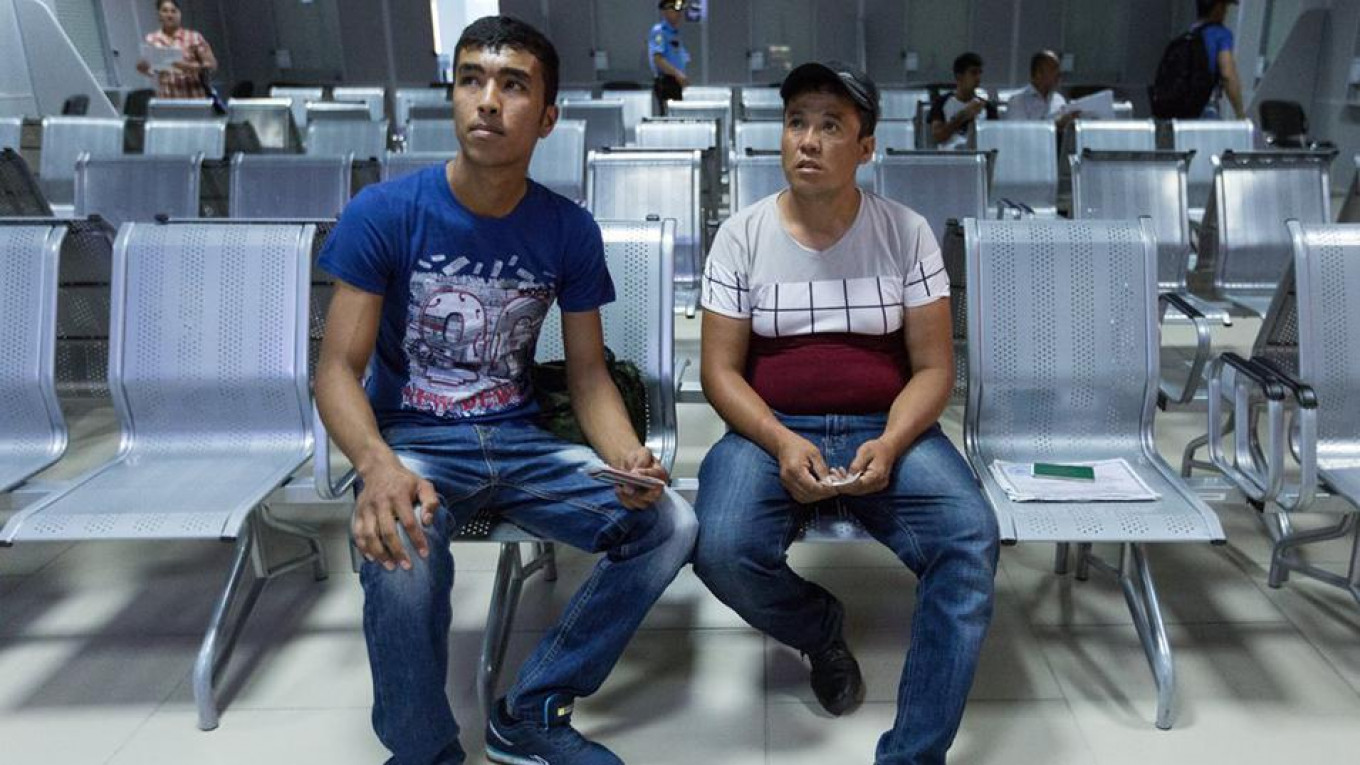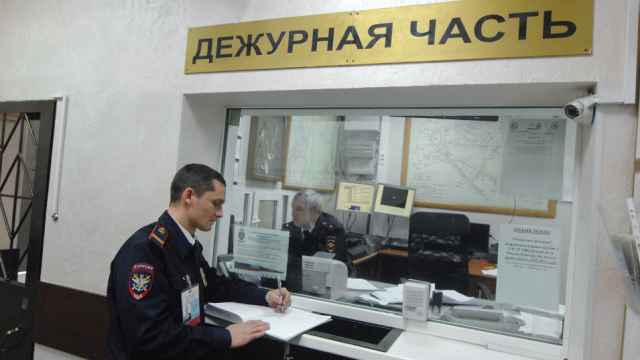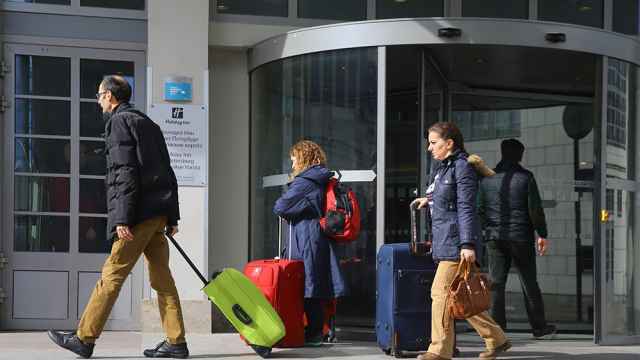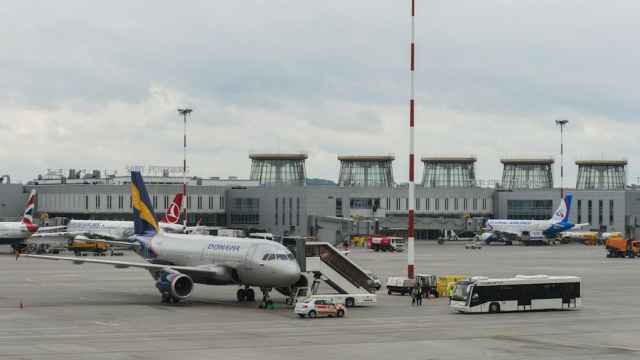Far from his native Uzbekistan, labor migrant Rustam Mustafakulov has found a second home in the World Cup host city of St. Petersburg, playing football with other immigrants from Mali to Turkmenistan.
The 34-year-old window cleaner plays for FC Maxima, an amateur football team set up specially to help immigrants settle in the northern Russian city. He says the regular sport and close camaraderie keep him going.
"We have been playing together for so many years, we've all become friends," said Mustafakulov who played professional football in his native Uzbekistan.
Maxima, which also comprises players from Egypt, Cameroon, Armenia and Egypt, was formed in 2007 in St. Petersburg, one of 11 Russian cities hosting the FIFA World Cup that kicks off on June 14.
Mustafakulov says life in Russia has not always been easy, and that some locals have made comments about his nationality and accused him of taking jobs that should go to Russians.
The team's Turkmen founder and coach, Bakhtiyar Yusupov, said he set up the team to make players "feel at home, regardless of their social status".
"(They) are all equal on the pitch," he said.
Maxima has taken part in St. Petersburg's city championships, a competition for amateur football players, finishing fourth in 2017.
Some of the players are hoping to use the team as a launch pad to higher tier football.
Mohammed Hafez who moved to Russia after meeting his now-wife Natalia at a beach resort in his native Egypt is hoping to get talent-spotted by scouts.
The 27-year-old is aspiring to emulate the rise to fame of Egyptian Liverpool striker Mohamed Salah.
"This is my dream, to play, and I will not give up, God willing I will make this come true," Hafez said.
In Russia, migrant workers often carry out poorly paid menial work, and according to human rights groups are subject to frequent document checks by police and suffer racist discrimination.
Russian authorities deny migrants are mistreated and say document checks are required for national security.
A Message from The Moscow Times:
Dear readers,
We are facing unprecedented challenges. Russia's Prosecutor General's Office has designated The Moscow Times as an "undesirable" organization, criminalizing our work and putting our staff at risk of prosecution. This follows our earlier unjust labeling as a "foreign agent."
These actions are direct attempts to silence independent journalism in Russia. The authorities claim our work "discredits the decisions of the Russian leadership." We see things differently: we strive to provide accurate, unbiased reporting on Russia.
We, the journalists of The Moscow Times, refuse to be silenced. But to continue our work, we need your help.
Your support, no matter how small, makes a world of difference. If you can, please support us monthly starting from just $2. It's quick to set up, and every contribution makes a significant impact.
By supporting The Moscow Times, you're defending open, independent journalism in the face of repression. Thank you for standing with us.
Remind me later.






